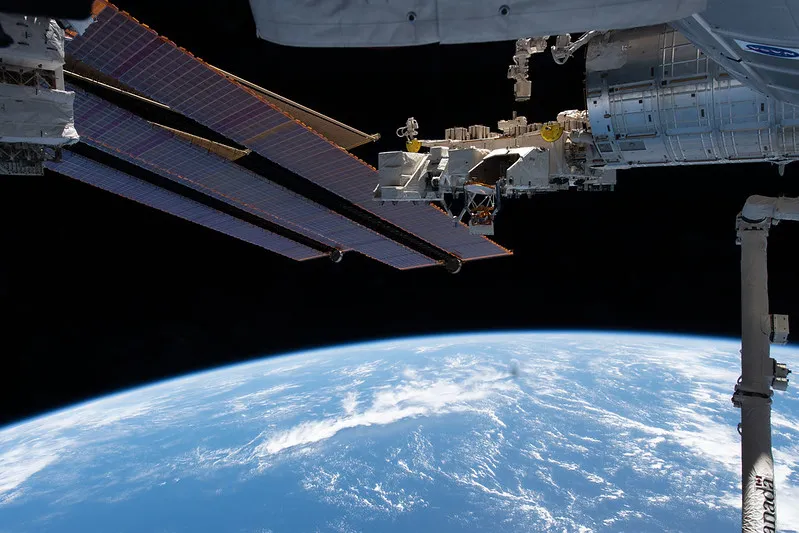Group Captain Shubhanshu Shukla is set to create history as the first Indian astronaut to journey to the International Space Station (ISS). Chosen to pilot the Axiom Mission 4 (Ax-4), Shukla’s selection marks a significant milestone for India’s participation in human spaceflight. This mission is a joint effort between Axiom Space and NASA, designed to foster international collaboration in space exploration.
Who is Shubhanshu Shukla?
An alumnus of the prestigious National Defence Academy in Pune, Shubhanshu Shukla joined the Indian Air Force (IAF) in June 2006. Rising through the ranks, he was promoted to Group Captain by March 2024. With over 2,000 flight hours on advanced aircraft such as the Su-30 MKI and MiG-29, Shukla’s extensive aviation experience made him an ideal candidate for spaceflight. His journey to space began in 2019 when the Indian Space Research Organisation (ISRO) selected him for astronaut training at the Yuri Gagarin Cosmonaut Training Center in Russia.
Axiom Mission 4: A Global Collaboration
Axiom Mission 4 (Ax-4) is a groundbreaking space mission uniting India, Poland, and Hungary. It marks the first government-backed human spaceflight for these nations in over 40 years. The mission aims to strengthen international partnerships and advance scientific exploration in space. The Ax-4 crew consists of:
- Shubhanshu Shukla (India)
- Sławosz Uznański (Poland)
- Tibor Kapu (Hungary)
- Peggy Whitson (United States, serving as mission commander)
Mission Objectives and Timeline
Slated for launch in Spring 2025, Ax-4 will take place aboard the SpaceX Crew Dragon spacecraft. The astronauts will spend 14 days aboard the ISS, conducting vital scientific experiments and public outreach activities. Training for the mission has been conducted under the guidance of the European Space Agency (ESA) and the Japan Aerospace Exploration Agency (JAXA) to ensure mission success.
Rigorous Astronaut Training
To prepare for the mission, the Ax-4 astronauts underwent intensive training at various international facilities.
- European Astronaut Centre (Germany): Focused on communication systems and emergency protocols.
- Tsukuba Space Center (Japan): Specialized training on the Kibo Japanese Experiment Module. This extensive preparation ensures astronauts are fully equipped for the challenges of spaceflight.
Advancing Scientific Research in Space
One of the primary objectives of Ax-4 is scientific exploration. The mission will include space biology experiments designed by ISRO and India’s Department of Biotechnology. These studies will examine the impact of microgravity on biological processes, with potential applications in both future space missions and medical research.
A New Era for India’s Space Aspirations
Shubhanshu Shukla’s participation in Ax-4 not only signifies India’s growing influence in human spaceflight but also paves the way for future Indian astronauts. As the nation takes this historic step, the world eagerly watches the advancements and discoveries that will emerge from this mission.












